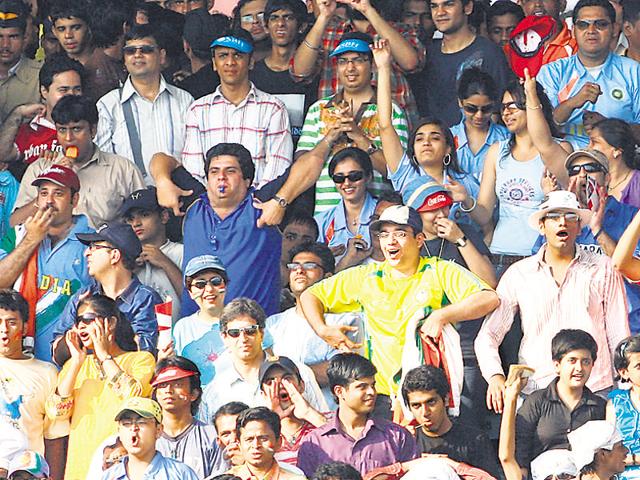Face it, we are racist
A tweet from Minister of External Affairs Sushma Swaraj on Thursday morning caught my attention. It read, “I appeal to all fellow Indians. Next time you meet an African citizen, pl shake hand and say ‘India loves you’. Pl RT”.
A tweet from Minister of External Affairs Sushma Swaraj on Thursday morning caught my attention. It read, “I appeal to all fellow Indians. Next time you meet an African citizen, pl shake hand and say ‘India loves you’. Pl RT”.

I haven’t had opportunity since to shake a hand, but retweeted Ms Swaraj’s tweet pronto. Never mind the clumsy prose (African citizen?), her earnestness in doing damage control deserves unstinted support.
It was almost entirely her effort that salvaged the Africa Day celebrations in Delhi last week when diplomats and representatives from most African countries were intent on a boycott following the rise in racist violence in the capital.
Ms Swaraj was left to defuse a crisis that her clueless colleagues in government not only couldn’t handle, but wouldn’t even acknowledge: instead of swift action, minister of state for external affairs General V K Singh swept aside criticism, calling the attacks a “minor scuffle”.
Considering that a young man from Congo had been murdered a few days earlier, the explanation was particularly insensitive and bilious. But then General Singh has shown a penchant for chomping on his own trotters ever since he joined politics.
All this was transpiring against the backdrop of the Narendra Modi government preparing for the gala show at India Gate to celebrate two years in office. The slur of racism threatened to rob the event of lustre, but for the MEA’s timely intervention.
However, racism is not the vile onus of just Delhi or the current NDA government to carry. It exists across the length and breadth of the country and traverses social, religious, caste and economic class strata. Even while Delhi was in focus the past fortnight, there were cases of racial attacks reported from Hyderabad and Bangalore. A host of other cities where there is a fair number of students (or others) from African countries are frequently on the boil.
What of Mumbai, (now arguably) India’s most cosmopolitan and liberal city? I’m afraid, while there are few reported cases of racist attacks, the mindset is not very different from the more conservative parts of the country.
Casual conversations with students from Africa in the International Hostel at C Road near Churchgate will reveal their unhappiness at being looked at as “different” by people in the city, including fellow students. You’ll hardly ever find Africans in the “whirl” of the city, however small their number.
To me, the big giveaway of the Mumbai mindset came in the T20 match between India and Australia at the Brabourne Stadium in 2007 when Andrew Symonds was disgracefully heckled with calls of “monkey”, some fans even acting out their derisive mentality.
The social explanation to such behaviour is that it is just a “joke” or that it “happens all over the world’’. The response of authority is usually made to fit stereotypes. Goa chief minister Laxmikant Parsekar recently said Nigerians were a problem because they “indulge in drugs and other unwanted things”.
All three positions are reprehensible, but with the official one stoking the prejudice, every now and then, leading to violent attacks. Some Africans are indeed into drug trade and other criminal activities. But so are people from all countries, including India.
To assume superiority with reference to looks and colour of skin is the crux of racism and seems inbuilt in the Indian psyche, however much we may be in denial. Why, even those from the North East are targeted, though the worst affected are whose skin tone and pigmentation tends towards a darker hue.
This prejudice manifests itself in several areas: matrimonial ads putting a premium on fair grooms and brides, fairness creams, which promise getting over a complex, dark-skinned people in films being characterised as villains and comedians, hardly ever heroes/heroines.
Subliminally, this seems to still nurture a medieval, irrational and insidious way of thinking that erupts every now and then into acts of violence. Unless this deleterious attitude is cleansed -- in heart and mind -- India’s chest-thumping aspirations to be a global economic and civilisational leader will ring hollow despite all shaking of hands and saying ‘I love You’.



